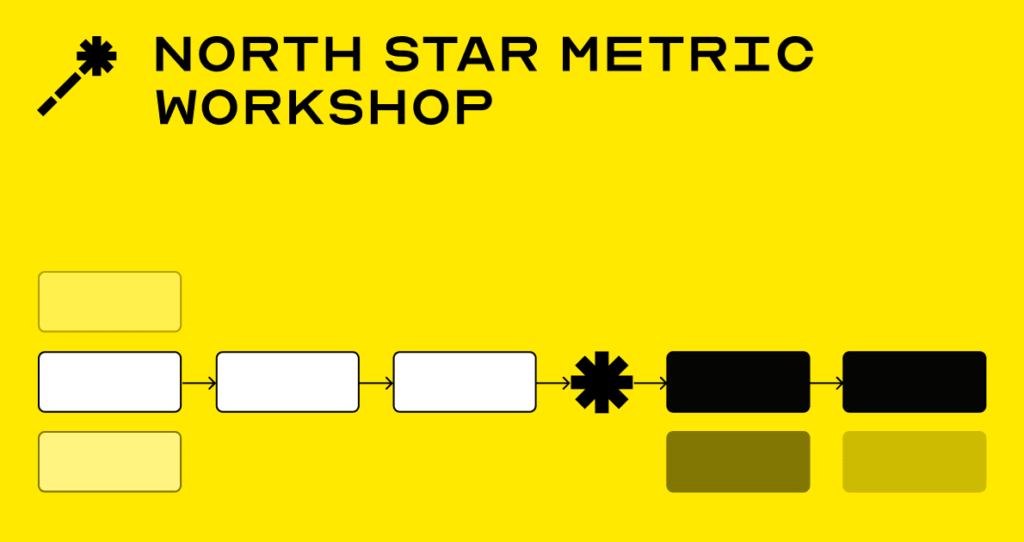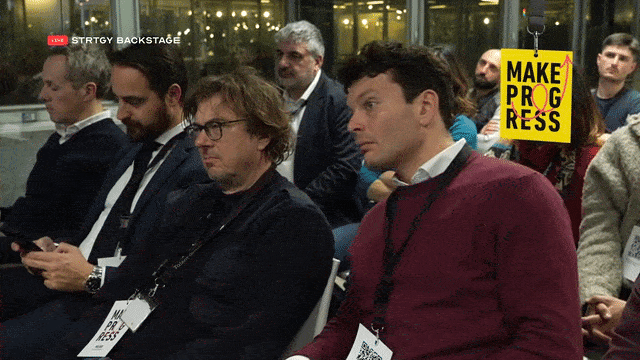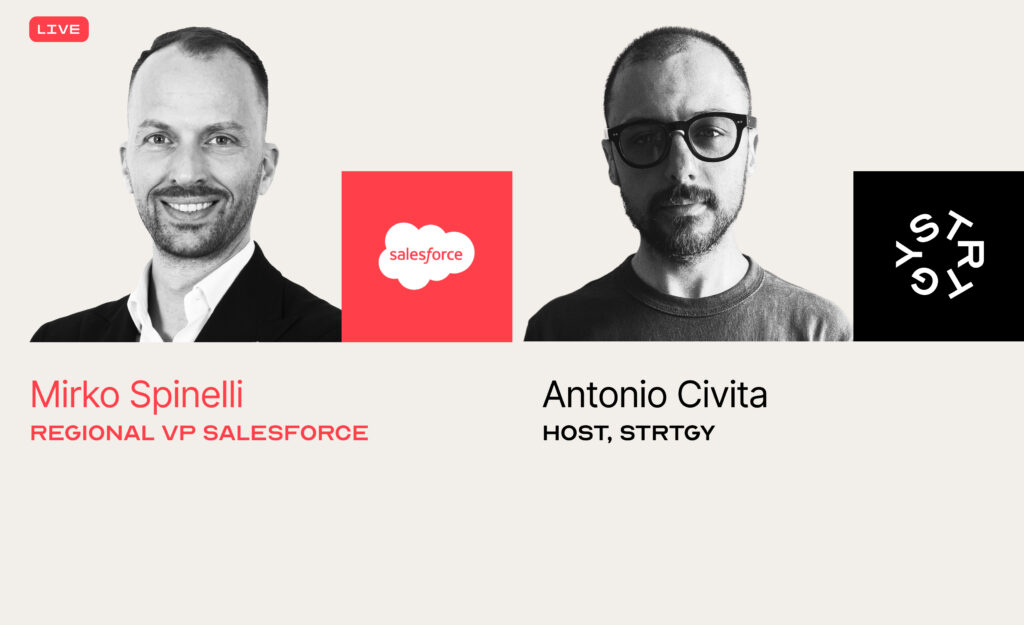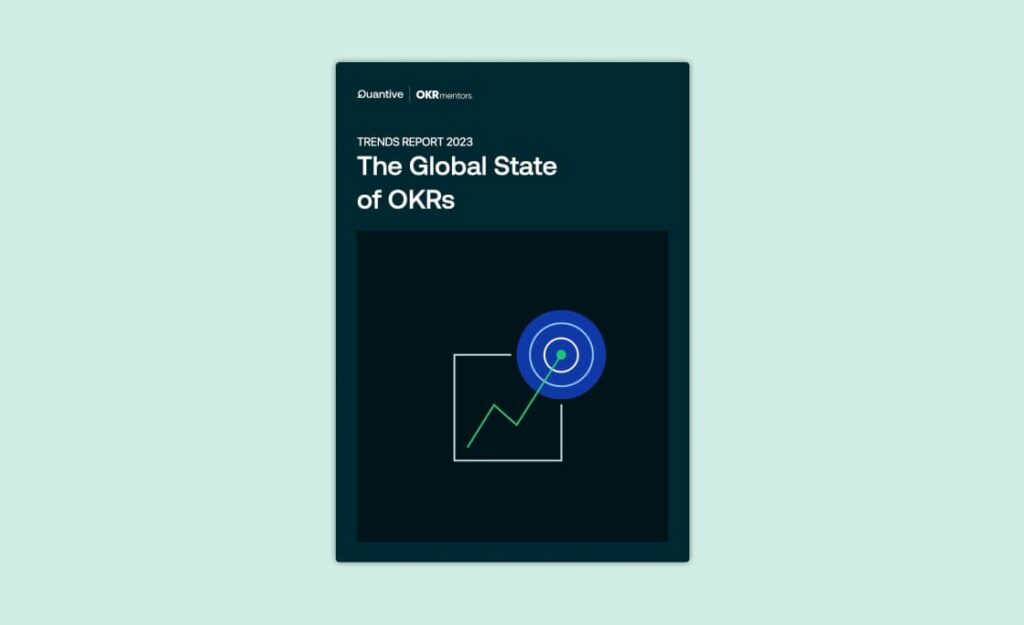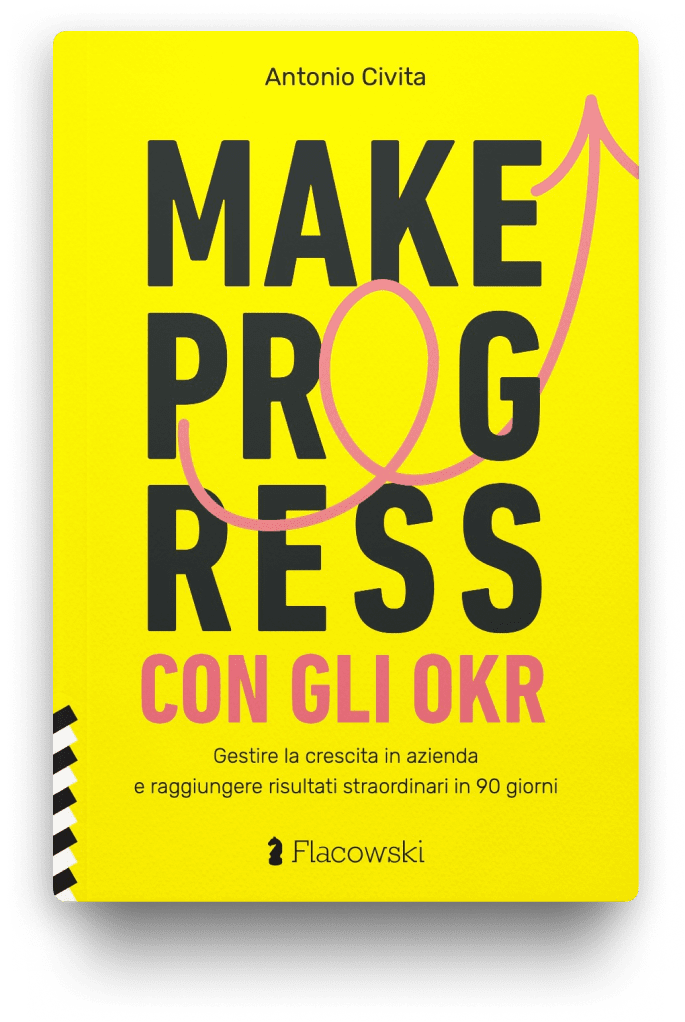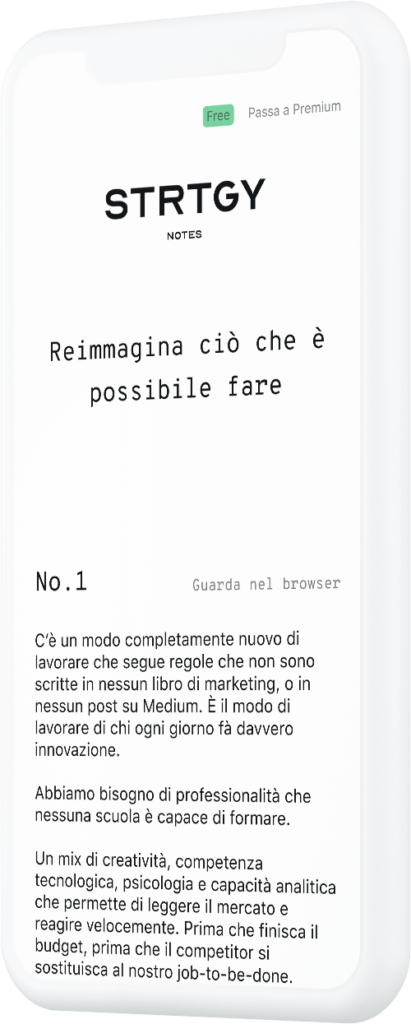- A manual on oneself
- A handbook on how the company works
- A handbook on how it is changing the world of its customers
If we imagine coworkers’ attention to their work as a pie, we would not be far wrong in saying that a substantial slice is devoted to performing their tasks to the best of their ability, but the other slice is surely busy wondering whether they are doing well in the eyes of their boss. Lack of strategy, alignment, and communication lead this part to grow consistently.
Why incur this cost?
No more reading self-help books, which often risk increasing corporate toxicity.
Now is the time to write the most important pages for yourself, your employees and your customers.
Writing puts thoughts in order and allows one to transcend time and space. Here’s how to realign yourself, your team, and the market by working on three strategic aspects.
1. A manual on oneself
Miscommunication results in the greatest frustrations among colleagues and is responsible for poor quality results.
One’s values, ethics, and words create the conditions for the best possible work for oneself and one’s employees.
Gone are the days of leaders too busy in their own offices to take care of others as well. Being a leader requires accepting a certain amount of vulnerability and transparency.
So why not share a few pages that frame a successful and fruitful relationship?
This manual focuses on yourself as an individual. A short document describing your background, values, and communication style.
It must be short, clear and easy to read. Some topics might include:
- Your working style
- What do you value in the relationship
- How to communicate effectively with you
- What is often misunderstood about you
- How can others help you in your work
Do you want examples? Some managers have shared their own here.
This is something you can do with your colleagues, each writing their own, and then exchange them-as you exchange good books-and help each other understand each other better.
Set an example by writing the first one yourself. Then share it in a short video presentation and invite others to do the same.
Atlassian teams have a good template to get started.
2. A manual on how the company works
Those who have been attending STRTGY long enough know how stressed the notion that the first product of any company is its culture. Only a company that functions well inside is capable of creating great products, with great financial returns, and not vice-versa.
Often the opposite happens. The founder has an idea, which maybe successful, and aggregates people around the activities. As time goes on, entropy increases and outcomes decrease.
That is what this book may contain:
- What is the Vision
- What is the Mission
- What are the rules of communication
- How decisions are made
- What is the strategy
- What are the important numbers
- How resources are distributed
- Where are the information and processes
- What are the tools
- How skills are developed
- How you participate in growth
Do you want a template? Start with the Strategy Book and the KPI Book that you can find in the OKR Toolkit STRTGY. It is included in the big yellow book or can be purchased separately.
Looking for inspiration? Access the archive of our STRTGY Meetings, among the 60+ hours of exclusive content I recommend you watch again the meeting with Michele Zanini, author with Gary Hamel of Humanocracy or watch a recording of the meeting with Dario De Liberis, product manager at Qonto, who talks about how The Qonto Way, the operating model that drives the growth of the fintech startup, works.
3. A handbook on how it is changing the world of its customers
Every business intends to transform the world for customers by improving their work, reducing costs, increasing earnings, simplifying or making life more fun. Companies exist to improve the world of people.
Business leaders become the main influencers of their products. It is common to see startup founders personally promoting the latest versions. As Carl Pei, the founder of Nothing, the Android phone company competing with Apple on design, or as Jesse Lyu founder of Rabbit or Imran Chaudhri of AI Pin, both working on a new device that allows you to keep your phone in your pocket and access its functions from an accessory on your shirt pocket.
These new leaders participate in the conversation in the same way that influencers in the fashion or travel industry do, telling firsthand how much they believe in their products and with what philosophy they plan and carry out future developments.
Even Mark Zuckerberg posted a video like this one in which, under the guise of recounting his experience with Apple Vision Pro, he promotes his visor.
My invitation is to follow the example of those who have already written real manuals to educate the adoption of their products and at the same time very precisely transfer the corporate culture. Publishing projects such as this work simultaneously for both talent and customer acquisition .
For example, books by Jason Fried, founder of Basecamp, the famous project management software tell about his philosophy of working, how companies can adopt its principles. I recommend among all of them Rework to get you started.
Another example is Delivering Happiness, by Tony Hsieh, which on the one hand recounts how the company created its success until its acquisition by Amazon by focusing on the maniacal execution of customer care; on the other hand it brings new consumers to Zappos by reassuring them of the great quality of care they will receive.
Finally, a book written by Patagonia’s founder, Yvon Chouinard, entitled Let My People Go Surfing. Through the history of the company, we talk about the revolutionary way of running the business based on adventure and the very strong corporate culture, and this brings people closer to falling in love with the products, which acquire a new value.
But the examples could go on through companies such as Netflix, Pixar, Nike, etc.
MAKE PROGRESS is STRTGY’s book.
You should know that in STRTGY I never talk about things whose effectiveness I do not know for certain and about tools I do not personally use. MAKE PROGRESS with OKRs was designed following these principles. In fact, it is the operating manual that we use in our company and that our clients adopt in theirs.
The idea on which STRTGY is founded is that the strategy must be simple and accessible to all to make work challenging and reward our energizing desire for progress first.
MAKE PROGRESS is the reference manual for STRTGY coaches and leaders who adopt our tools. My goal has been to create the most documented strategy management system ever because I believe that the era of advice based on asymmetry of information between client and advisor is over.
We live in a time when information is and should be accessible to all. I am increasingly convinced that the advantages in spreading knowledge far outweigh the disadvantages (e.g., being copied), so much so that STRTGY improves as clients adopt its tools as opposed to consulting firms-or agencies-who deteriorate their services because they can devote less attention to growing projects.
My invitation, therefore, is to you, the leader who shares these principles: changing the paradigm of work comes through putting thoughts in order and sharing ideas to aggregate talents, skills, and clients in order to transform the world.
If you were to write one of these three books, be sure to get me a copy, I’d love to!
ALWAYS MAKE PROGRESS ●↑
